Cooking has endless approaches, from scratch meals to quick hacks. With diverse flavors and techniques worldwide, there’s much to learn. However, some mistakes are simply wrong. Negligence, habits, or myths can lead to errors. We’ve compiled 16 kitchen mistakes to avoid.
Overcrowding the pan
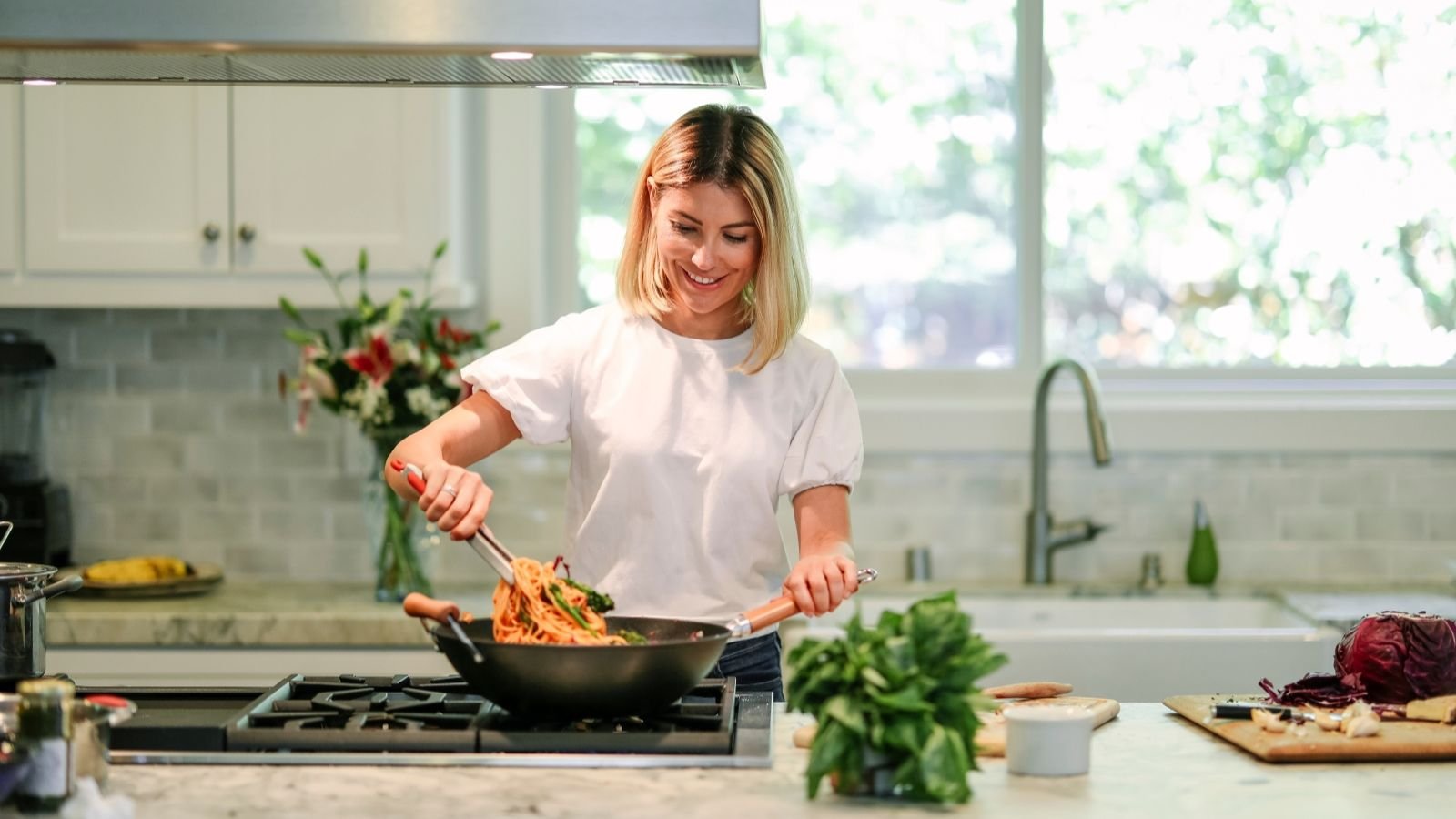
When you cook food, there’s water inside it. When you put too much food in a pan all at once, the water doesn’t have enough space to escape as steam. So instead of evaporating, it stays in the pan and makes the food soggy. So, it’s important to leave some space between the pieces of food in the pan.
Cooking a cold steak
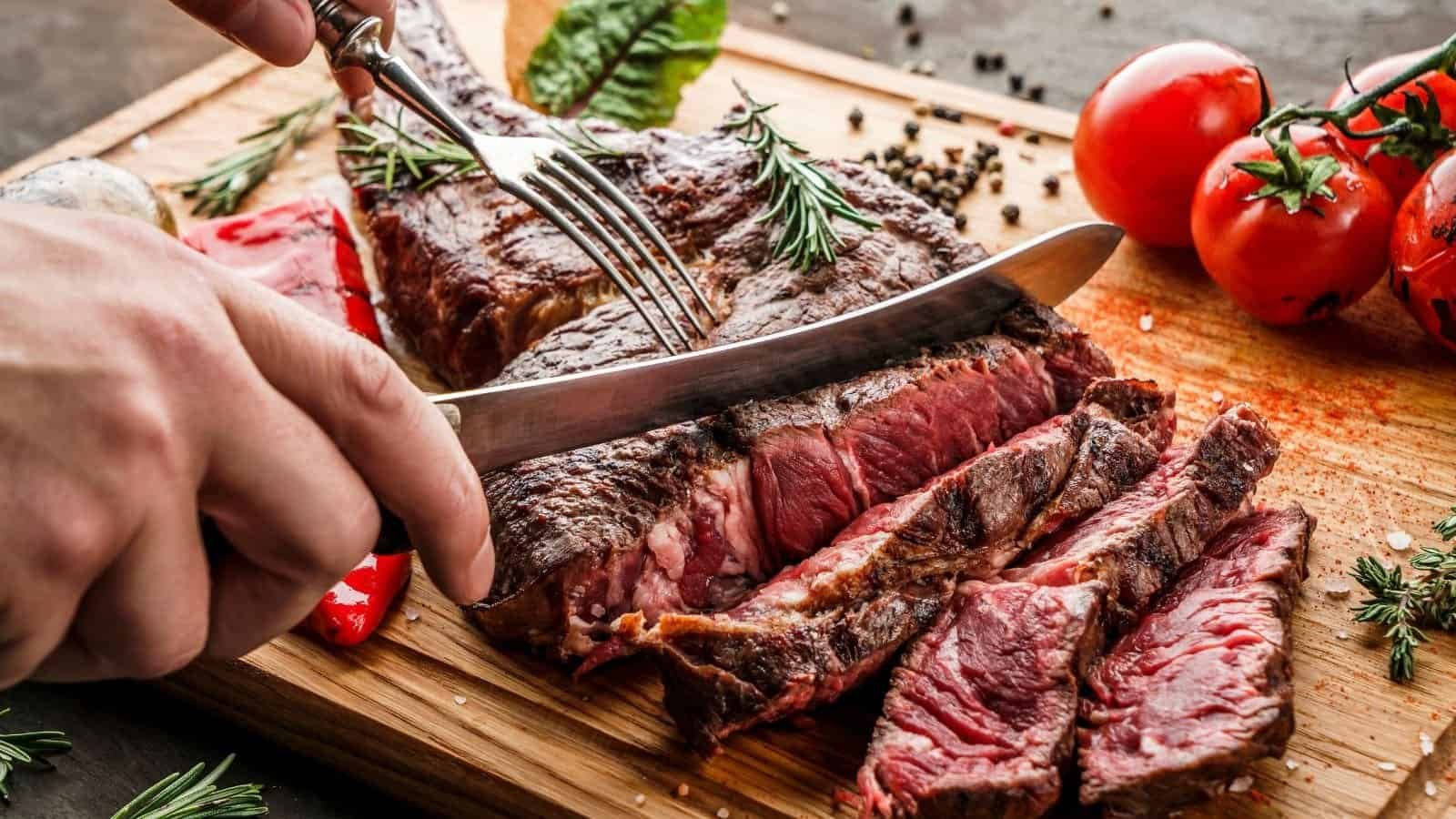
When you cook the cold steak on a hot grill, it can turn out tough and not cook evenly. The sudden change from cold to hot makes the meat’s proteins tighten up. Giving the steak some time to warm up a bit before cooking helps it cook more evenly and stay tender.
Burning your meal purposefully

Burning your food, like toast, makes it black and creates something called carbon. Carbon is bad for you because it can cause cancer. So, if you like your toast burned, you might want to change that habit.
Adding ingredients in the incorrect sequence

If you add ingredients in the wrong order, you might mess up the dish. Following the steps in a recipe is important because it helps the flavors develop properly. For example, some herbs, like parsley and chives, lose their flavor if you cook them for too long. Herbs are a great way to make your food taste better, but they can be expensive, so it’s best to use them right.
Leaving knife blades bare

Always cover your knife blades, especially if you keep them in a messy drawer with other utensils. This helps avoid accidents, such as cutting yourself. Moreover, the blades are fragile and can easily get damaged if they bump into things. You can find blade covers at most stores. Moreover, if you use a knife block, ensure each knife goes in its correct slot. Keeping the blades covered will make them last longer.
Opting for a food processor instead of a mixer.

Blenders, mixers, and food processors are essential kitchen tools, but they’re not all the same. A blender is perfect for making smoothies and soups. A mixer is great for mixing and beating things, such as dough for baking. A food processor can do both blending and mixing tasks. Even though they can do similar jobs, they have different purposes. For example, you can’t make dough in a blender.
Stirring too often

When you’re cooking meat or veggies, you want them to turn golden brown on the outside. To make that happen, it’s best to let them cook without stirring them too often. When you keep stirring, the food doesn’t get enough time to touch the hot surface of the pan. Hence, it doesn’t get that golden-brown color and crispy texture.
Keeping ready-to-eat foods and raw foods together
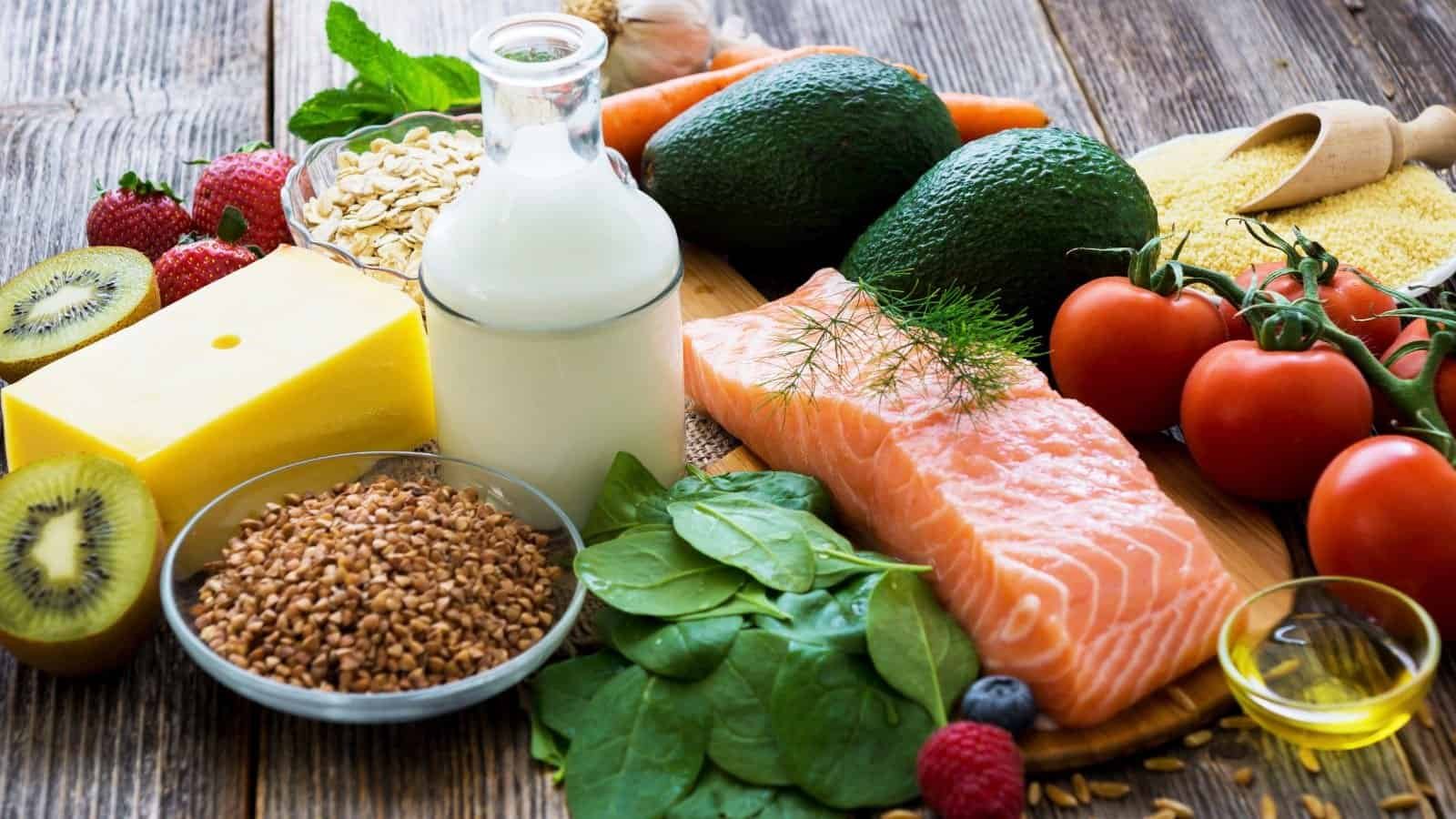
Ready-to-eat foods are ones you can eat right away without cooking, like fruits and veggies. Raw foods, on the other hand, need to be cooked to be safe, like raw chicken. According to the FDA, ready-to-eat foods and raw foods shouldn’t be kept together. The reason is that if raw food touches ready-to-eat food without getting cooked, it can spread germs.
Not cleaning your fridge
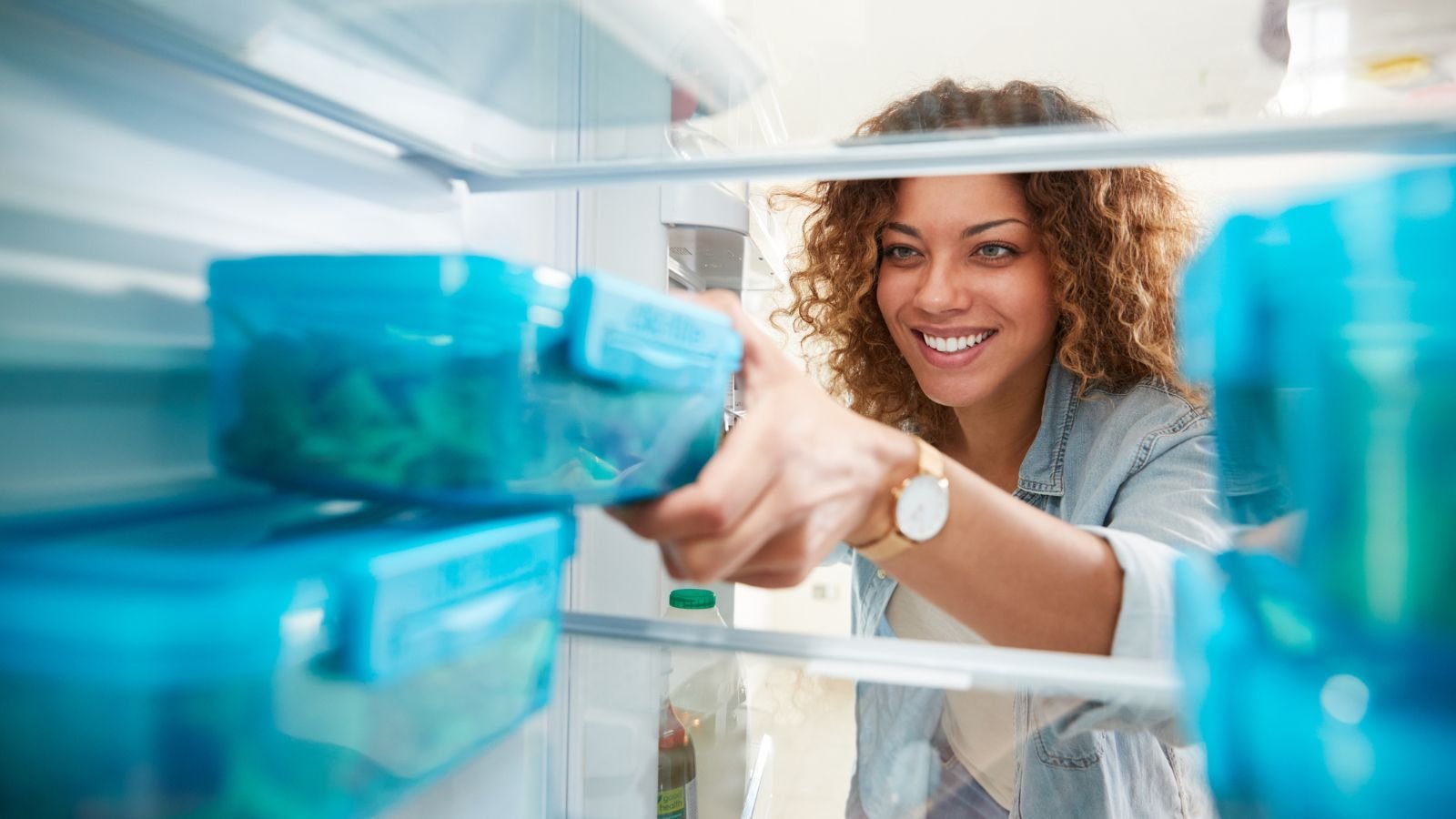
Cleaning your fridge is super important for keeping it clean and safe. You can aim to clean it once a week or month. If you accidentally spill something, make sure to clean it immediately. This helps stop bacteria from spreading around and making your food contaminated.
Adding oil to pasta water

Adding oil to your pasta water doesn’t stop the noodles from sticking together. When you drain the pasta, all the oil just goes away. So, it’s not really useful, and you end up wasting it. Salt is important because it adds flavor to the pasta. So, it’s better to skip the oil and just use salt when cooking pasta.
Keeping meats on the top shelf

Putting raw meats, like chicken, at the bottom of the fridge is important. If they drip, they won’t contaminate other foods. Keep fruits and veggies on top, dairy and prepared foods in the middle, and raw meats at the bottom. This helps keep your food safe and fresh.
Seasoning altogether
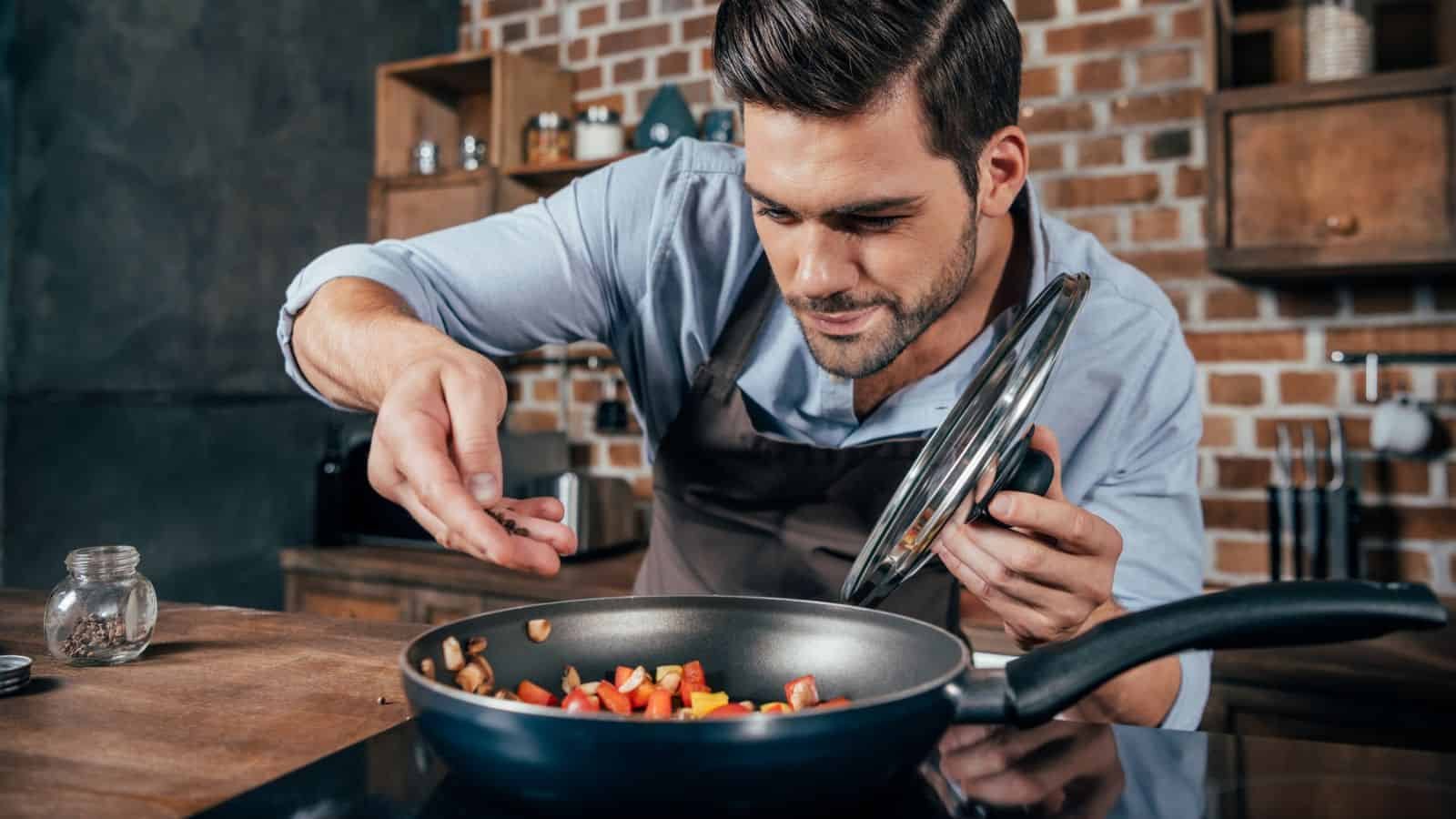
Add seasoning to each ingredient separately. This ensures that the flavors are evenly distributed throughout the dish, avoiding uneven seasoning. For example, if you’re cooking chicken, onions, and peppers, you would season each one separately before combining them. This ensures that every bite is perfectly flavored.
Unsafe Counter Thawing

Leaving meat out on the counter to thaw is not a good idea. When meat gets warmer than 40 degrees, bacteria starts developing on it. You can either microwave it on low power, stick it in the fridge, or dunk it in cold water. However, no matter which method you pick, always put the meat in a bowl first.
Not preheating the oven
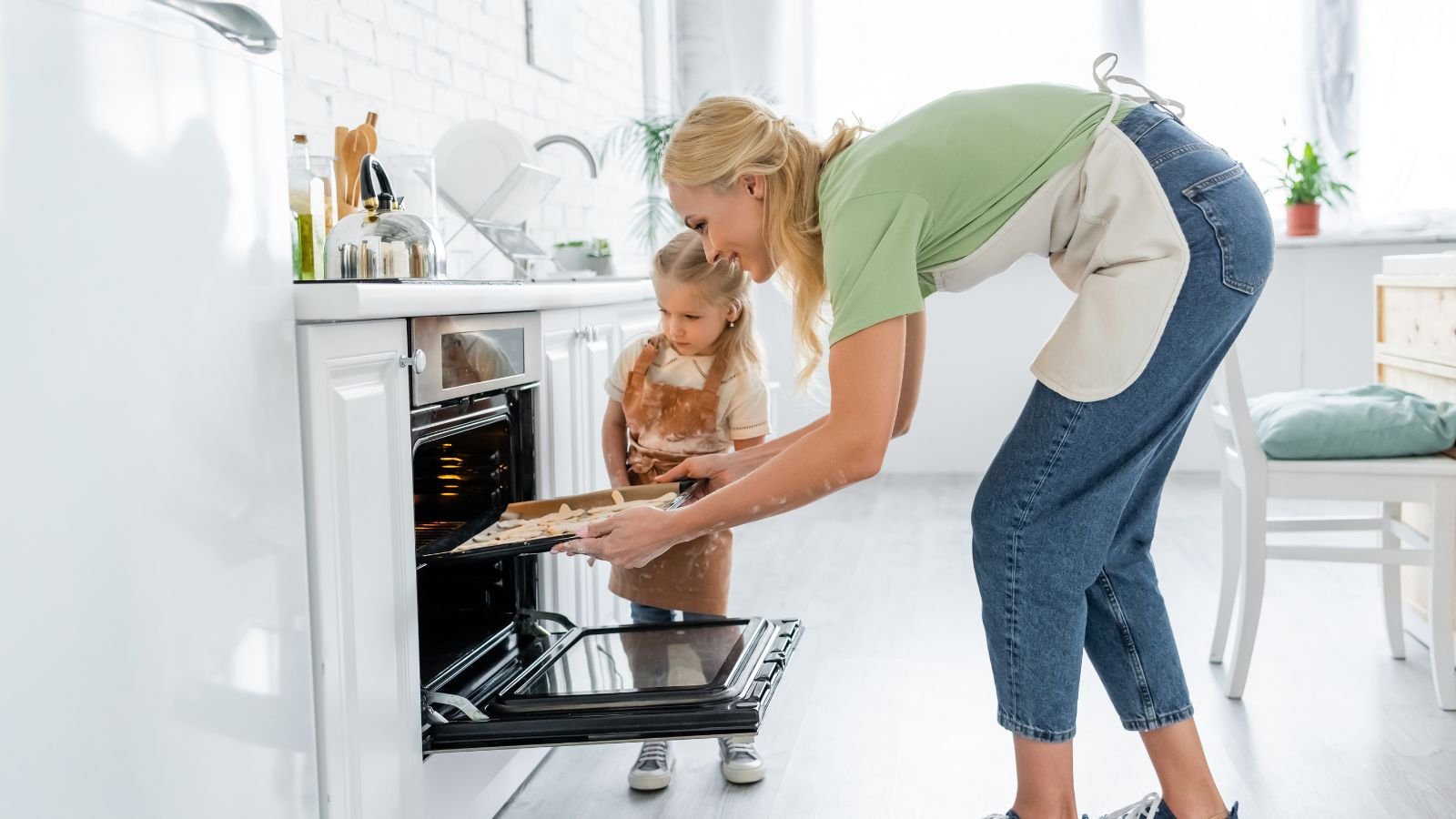
Before you put your food in the oven, it’s important to wait until the oven is fully heated up. If you don’t, your food might not cook evenly or properly. Your food will cook faster and taste better in a preheated oven.
Purchasing ground black pepper

When spices like black pepper are ground, they release oils that give them their flavor and aroma. Once they’re ground, these oils start to disappear quickly. If you keep it in your pantry for a long time, it can become even less flavorful. If you want the best flavor, it’s better to buy whole peppercorns and grind them yourself when you need them.
Washing Berries too soon before consuming

Washing berries is important to remove dirt and any chemicals they might have. However, if you wash them as soon as you get home from the store, they can spoil faster. Washing them adds moisture, which makes them spoil quicker. So, it’s better to wait and wash them just before you’re ready to eat them.
